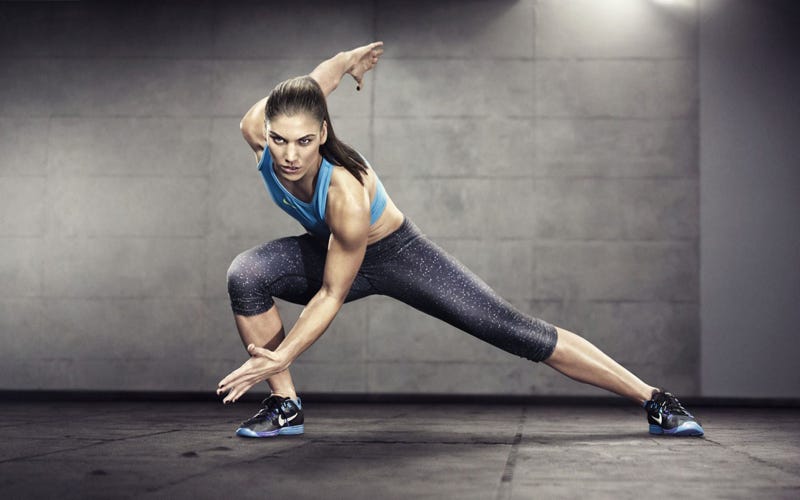At the end of last year I wrote about returning to dance classes after a long time. Seeing video of yourself can be hard viewing. I was disappointed by how sluggish I appeared. You don’t think about it until you actually see it. Trying to discipline this out of myself in this context is proving an interesting challenge.
It also got me thinking about a common complaint I’ve heard over the years from a number of older clients about feeling stiff and slowing down, and no doubt these two things overlap.
The following is a list of why we get slower and stiffer with advancing age as I best I can compile it. This isn’t medical instruction, it’s just some thoughts and gathered info. I’m going to present this in three sections, ordered—in my view—with greater to lesser proximity to the problem.
The direct issues:
Nerve impulses become slower and the myelin sheath around nerves can become compromised - this is a big one, that no one ever talks about and also impacts reflexes.
Reciprocal inhibition becomes less effective —this means our ability to relax opposing muscles (antagonists) during voluntary movement—allowing the prime movers (agonists) to fire decreases, meaning moving itself is harder and less efficient. The essence of movement itself seems to change in older people.
Muscle loss — after the age of 50 (you can pick 30,40), if we do nothing, we are typically losing 1% of our muscle mass/year and up to 3% strength.
Fast muscle fibre loss in particular, —"The numbers of muscle fibers that contract faster decrease much more than the numbers of muscle fibers that contract slower. Thus, muscles are not able to contract as quickly in old age” (Merck) According to citations in this paper between the “20th and 75th life year more than 50% of FT muscle fibers get lost”
Loss of flexibility (again if we do nothing), it’s hard get an accurate number, but I’m seeing a loss of 6 degrees per decade between 55 and 86 reported in the hip and shoulder. Some other estimates seem larger.
Changes in soft tissue quality —fueling the above—meaning muscles get stiffer - we are literally becoming more resistant to stretch, while simultaneously muscles need more effort to contract as we age, while losing our range of motion and this is distinct to changes in reciprocal inhibition. Collagen, elastin and water content of tendons change with age. The paper debates whether tendons get stiffer or laxer, but the general understanding is they become more brittle.
Balance. Changes in balance —especially in the vestibular system, meaning more apprehension to move and the need to move with more care.
Joints, changes in joints and joint function creating stiffness, as well as osteoarthritis— pain, restricted movement, limited ranges of motions and so on.
Sleep quality can change with normal aging - aggravating all of the above.
A general trend towards being less active as we get older—partly because of the above, but which exacerbates all the above.

More indirect but important issues might include:
Mitochondria changes with age. Mitochondria are important parts of cells with a critical role in aerobic respiration and have a number of other functions like calcium balance— impacting muscle contraction, as well as a role in the clearance of old cells.
Changes in heart capacity - maximum heart rate, cardiac output and heart stroke volume.
Photo by Alexander Grey on Unsplash
Conditional issues:
Possibility of being on several drugs with age, some of which may have side effects on fitness, alertness or motivation.
Where they occur— impact of age-skewed diseases like Parkinson’s for example which brings its own specfic movement slow downs.
Excess body weight is another is another issue.
And there’s probably more I’ve missed.
What can we do about all this ?
You know the answer already. Exercise.
We can’t cure every one of these things to our satisfaction and some may need medical assessment and intervention.
Normal aging itself encompasses a lot of changes, but we can impact at least many things on this list positively through a full spectrum exercise programme that includes strength, cardio, stretching and balance and just giving our bodies new challenges and stimuli.
Please sub to my other blog too (it’s more fun honest):
For home training in Central and West London send me a message on the secure form. I’ll get back to you shortly.
Or send bitcoin: bc1qy2gdzdqxeunvex3875kf6nuguvxrvmmhcfyz3k









